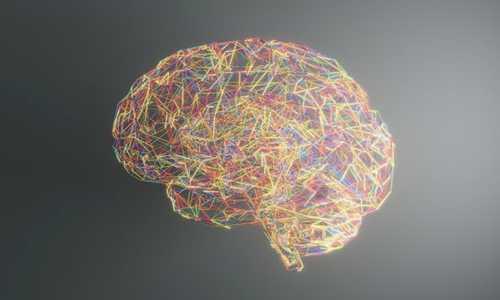The Science of Nerdiness
Curated from: scientificamerican.com
Ideas, facts & insights covering these topics:
2 ideas
·2.25K reads
14
Explore the World's Best Ideas
Join today and uncover 100+ curated journeys from 50+ topics. Unlock access to our mobile app with extensive features.
Why some like learning something new
If you get excited by the possibility of learning something new and complex, and you get intrigued by nuance and imaginative scenarios you may have an influx of dopamine in your synapses.
Dopamine is often labelled the "feel-good molecule". However, this is a misconception. Dopamine's primary role is to make us want things, not necessarily like things. It is an energising force, motivating us to explore.
182
1.32K reads
Finding your reward in information
Much research on dopamine has been done about its role to desire an "appetitive" reward, such as chocolate, social attention, or gambling. However, people who score high in the tendency toward exploration are prone to find their reward in information, not so much in money or drugs.
If some or all of these statements describe you, you may be highly sensitive to the reward value of information:
- I love spending time reflecting on things.
- I am full of ideas.
- I have a vivid imagination.
- I am interested in abstract ideas.
- I am curious about many different things.
172
938 reads
IDEAS CURATED BY
Max Johnston's ideas are part of this journey:
Learn more about personaldevelopment with this collection
How to apply new knowledge in everyday life
Why continuous learning is important
How to find and evaluate sources of knowledge
Related collections
Similar ideas
2 ideas
The Science of Spiritual Narcissism
scientificamerican.com
4 ideas
We Learn Faster When We Aren’t Told What Choices to Make
scientificamerican.com
1 idea
What are the effects of alcohol on the brain?
scientificamerican.com
Read & Learn
20x Faster
without
deepstash
with
deepstash
with
deepstash
Personalized microlearning
—
100+ Learning Journeys
—
Access to 200,000+ ideas
—
Access to the mobile app
—
Unlimited idea saving
—
—
Unlimited history
—
—
Unlimited listening to ideas
—
—
Downloading & offline access
—
—
Supercharge your mind with one idea per day
Enter your email and spend 1 minute every day to learn something new.
I agree to receive email updates

